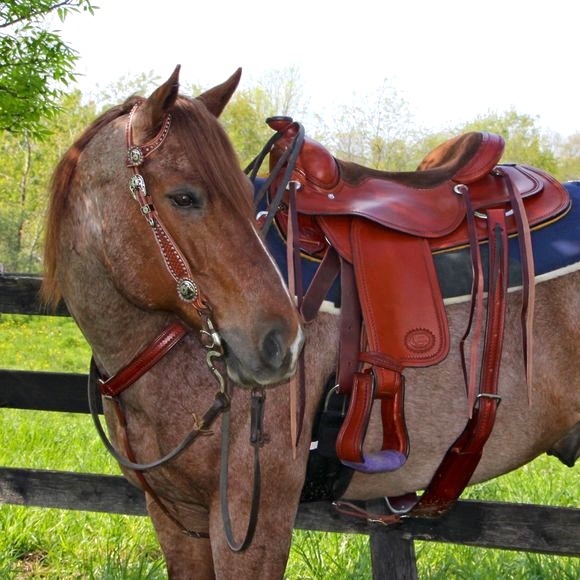Horse racing odds can be difficult to decipher, especially for someone who is new to the sport. The odds are important in determining the likelihood of a horse winning a race, as well as the potential payouts for successful bets. Understanding how to calculate odds can help horse racing fans to make smarter bets and increase their chances of making money. In this article, we will explore how to work out horse racing odds, the different types of odds, and how to use the odds to your advantage.
What Are Horse Racing Odds?
Horse racing odds are the chances of a horse winning a race. They are displayed as numbers or fractions and are determined by the amount of money bet on a particular horse. The higher the amount of money bet on a horse, the lower its odds will be. Conversely, the lower the amount of money bet on a horse, the higher its odds will be.
How Are Odds Calculated?
Odds are calculated by taking the total amount of money bet on a horse and dividing it by the amount of money bet on all the horses in the race. The resulting number is the horse’s chance of winning the race, expressed as a fraction. For example, if $100 is bet on a particular horse and $200 is bet on all the horses in the race, the odds for that horse would be 1/2, or 1:2.
Types of Horse Racing Odds
There are two main types of horse racing odds: fractional and decimal. Fractional odds are the most common type of odds used in horse racing and are expressed as fractions. Decimal odds are expressed as decimals, and are often used by online bookmakers.
Fractional Odds
Fractional odds are the most common type of odds used in horse racing and are expressed as fractions. The numerator is the amount of money that will be paid out to the bettor if the horse wins, and the denominator is the amount of money that must be bet in order to receive the numerator. For example, if a horse has fractional odds of 4/1, it means that for every $1 bet, the bettor will receive $4 if the horse wins.
Decimal Odds
Decimal odds are expressed as decimals and are often used by online bookmakers. The number is the amount of money that will be paid out to the bettor if the horse wins. For example, if a horse has decimal odds of 3.0, it means that for every $1 bet, the bettor will receive $3 if the horse wins.
How to Use Odds to Your Advantage
Knowing how to calculate and read horse racing odds can be a powerful tool in making smarter bets. When looking at the odds for a particular race, it’s important to consider the following factors:
1. The favorite: The favorite is the horse that is most likely to win the race. Its odds will be lower than the other horses in the race.
2. The outsiders: The outsiders are horses with high odds, meaning they are less likely to win the race.
3. The favorites’ form: A horse’s form is its past performance in races. It’s important to consider a favorite’s form when making a bet, as it can give an indication of how likely it is to win the race.
4. The outsiders’ form: It’s also important to consider an outsider’s form when making a bet, as it can indicate how unlikely it is to win the race.
5. The weather: Weather conditions can affect a horse’s performance, so it’s important to consider the forecast when making a bet.
Using these factors, bettors can make more informed decisions about which horse to bet on and increase their chances of making money.
Conclusion
Horse racing odds are a key factor in determining the likelihood of a horse winning a race, as well as the potential payouts for successful bets. Understanding how to calculate and read horse racing odds can help bettors make smarter bets and increase their chances of making money. By considering the favorite, the outsiders, the form of each horse, and the weather conditions, bettors can make more informed decisions and maximize their chances of success.

